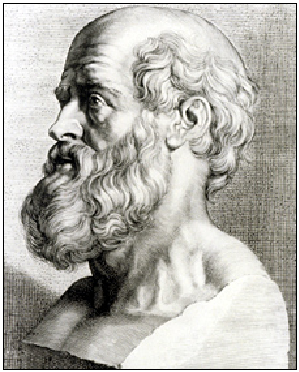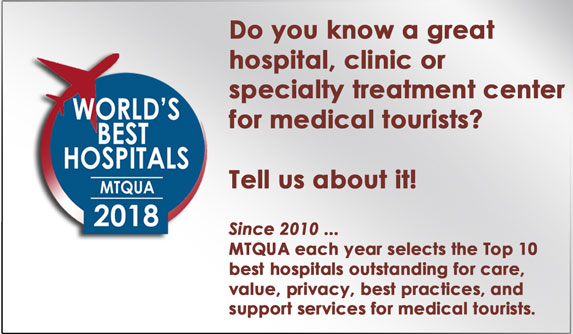
Anyone working with patients at any level of the medical tourism process owes it to them to observe the spirit of the Hippocratic Oath, a historical document that defines ethical behavior for medical practitioners.
Dr Daniel Sokol, Medical ethicist at Imperial College London, wrote A Brief Guide To The Hippocratic Oath for BBC News. We excerpt it below. The full article is on line here.
Dr. Sokol writes that, in an age of technological developments, cosmetic surgery, complementary medicine, drug companies, and many other temptations for patients and doctors alike, the spirit of the Hippocratic Oath is as relevant as ever.
It is most appropriate that those of us treating and caring for medical travelers consider the safety and ethics of our operations and policies.
Here are excerpts from Dr. Sokol’s article:
The Oath starts. I swear by Apollo the physician and by Asclepius and Hygieia and Panacea… to bring the following oath to fulfillment.
Do no harm
The Oath continues. And I will use treatments for the benefit of the ill in accordance with my ability and my judgment, but from what is to their harm and injustice I will keep them.
In other words, doctors should act in the best interests of their patients, and when unjust circumstances arise – for instance, a certain life-prolonging drug may not be available on the NHS – they should strive to correct the injustice harming their patients.
The next part seemingly concerns euthanasia or physician-assisted suicide, saying, And I will not give a drug that is deadly to anyone if asked, nor will I suggest the way to such a counsel.
The next sentence, In a pure and holy way, I will guard my life and my art and science, is a call for professional integrity.
Doctors should refrain from immoral behavior and resist the temptations that accompany their privileged position (today, from drug companies offering generous gifts, for example).
Limits of practice
The Oath continues. I will not cut, and certainly not those suffering from stone, but I will cede this to men who are practitioners of this activity.
This instructs doctors to acknowledge the limits of their competence and to refer cases to more specialized practitioners.
Next, the doctor enters the patient’s house. Into as many houses as I may enter, I will go for the benefit of the ill, while being far from all voluntary and destructive injustice.
The need for such a statement reflects the wide distrust in healers at the time.
In a competitive marketplace where quacks abounded, it was necessary to reassure the public that doctors would not exploit patients.
Today, it seems this is as necessary as ever.
Confidentiality
The penultimate section deals with confidentiality and reads, And about whatever I may see or hear in treatment, or even without treatment, in the life of human beings, I will remain silent, holding such things to be unutterable.
As today, patients in ancient times shared deeply personal information with doctors on the assumption that their details would not be revealed to others.
Without this trust, patients may withhold facts that would help the doctor make an accurate diagnosis.
The text ends with the rewards that await those who respect the Oath and the punishment of those who do not.
Is there any reason why today’s medical tourism facilitators and care managers should not observe the Hippocratic Oath?

 >
>